El eslabón más débil de la elección
En resumen dice que muchos funcionarios de casilla fueron mal capacitados o, de plano, ni se presentaron el día de la elección, que muchos no sabían ni qué onda con la mecánica de la votación ni cómo presentar por escrito las irregularidades; vamos, que no sabían ni cómo llenar las actas de escrutinio.
Así que muchas de las anomalías en el conteo de votos pueden deberse a errores humanos que no deberían haberse presentado.
Es decir, el IFE no hizo bien su trabajo.
Con ello se cae el mito de "la elección ejemplar".
Una raya más para el tigre Ugalde.
Mexico's poll worker training is weak link
By S. Lynne Walker
COPLEY NEWS SERVICE
July 14, 2006
PUEBLA, Mexico – The dispute over the winner of Mexico's presidential election has revealed a nagging problem with the country's voting system: It relies so heavily on poorly trained poll workers that the mistakes they made in counting the votes may have changed the outcome of the July 2 election.
When electoral officials opened selected ballot boxes last week, they found in almost every case that votes had been miscounted.
Sometimes, the miscount favored the apparent winner, conservative Felipe Calderón. Sometimes, it favored leftist Andrés Manuel López Obrador. In Puebla, a southern state where 4 percent of the ballot boxes were opened, 1,800 uncounted votes went to the two battling candidates and third-place candidate Roberto Madrazo.
Such errors, coupled with López Obrador's demand that the vote be annulled, have left many Mexicans with the uneasy feeling that this was not the clean election they'd been promised.
As the Federal Electoral Tribunal, or TRIFE, reviews López Obrador's allegations of fraud, some supporters of Calderón's National Action Party and even some electoral officials are beginning to say there should be a recount before the Sept. 6 deadline for declaring the next president.
“It would be good for this country,” said Luis Garibi, who heads the Federal Electoral Institute, or IFE, operations in Puebla. “It would help us resolve this division, this polarization we have right now in Mexico. We should do whatever is necessary to have political peace.”
Garibi calculated it would take about seven days, working 24 hours a day, for the IFE to conduct a recount.
Mexico has always had problems at its polling places. In this election, however, those grassroots flaws are at the center of the controversy because only 243,000 votes – less than two votes per polling place – separate the winner from the loser.
Although there were scattered reports of vote buying and ballot-box stuffing, the reasons for the miscount were often less sinister.
“We are talking about human error. We are not talking about widespread fraud,” said Clara Judisman, who heads Incide Social, an organization that created a committee of prominent academics and intellectuals to observe and report on the election. “But these human errors, combined with scarce training and inexperience with these kinds of procedures, can have an impact in a competitive race like we have now.”
Attendance sporadic
Mexico's electoral law, widely viewed as one of the most sophisticated and extensive in the world, was written so every aspect of the process would be regulated.
Despite that fact, “we have had problems in all of the elections,” said political analyst José Antonio Crespo. “The difference is that nobody was looking at them with a magnifying glass. Now, any irregularity can be significant.”
The IFE selected the 913,000 poll workers at random from the voter registration list, a system designed to assure Mexicans that their presidential elections were not rigged, as they had been during the Institutional Revolutionary Party's 71-year regime.
Now, poll workers must meet only a few simple requirements.
They must know how to read and write. They must be no older than 70. They must be Mexican citizens with valid voter credentials. They cannot currently hold a position in the hierarchy of a political party. And they must lead an “honest lifestyle.”
Each polling place is staffed by at least four workers. The person with the most education is the president. There is also a secretary and two people who help count the votes.
Doctors, professors and engineers were among the election day workers. But so were men and women who barely spoke Spanish and had only three or four years of schooling. The average education level was eighth grade.
“In parts of the country where people work on their farms, they are not used to counting votes or filling out vote tally sheets,” said Judisman, who served as a polling station president.
“The electoral process is very complex. You have to find the person on the voter registration list. If they are not on the list, you have to write an incident report. You have to hand out ballots. You have to ink each person's thumb after they vote. You have to count the vote, adding as many as three digits.Then you have to fill out several tally sheets. People are not used to doing all of that.”
Poll workers were supposed to attend two training sessions, each about two hours long. But attendance was sporadic. Some people said they didn't have time. Others were bored by the classes or couldn't afford to travel to nearby cities where the classes were held.
Poll workers were paid only 200 pesos – less than $20 – for their expenses.
Just two weeks before the election, the IFE was still searching for 15 percent of the workers it needed for the election, said Hugo Concha, IFE's executive director of electoral training.
“We were late training people,” he said.
At thousands of polling places across the country, poll workers didn't show up on election day. In 11.60 percent of the polling places, people who either had no training or inadequate training were asked to fill in, Concha said.
In the wealthy neighborhood of La Mirada in Puebla state, a polling place secretary was absent for four hours after she complained of diarrhea, said Cecilia Zeledon, a historian who was a polling place observer for López Obrador's Democratic Revolution Party, or PRD.
In the capital of Puebla, another secretary said she didn't know how to do her job, so everybody – including PRD observer Rosario Corral – helped her fill out the tally sheets.
When 221 ballot boxes were opened in Puebla three days after the election, every single box contained errors in the number of votes that had been reported, Garibi said.
The vote tabulation was also complicated by the fact that roughly 8 percent of Mexicans are illiterate and that many voters didn't know how to correctly mark their ballots.
Some people put check marks, while others used an asterisk, a smiley face or even the words “Viva Mexico.”
The law permits all these variations. But the haphazard marks often led to subjective – and incorrect – decisions when votes were counted. In the election, nearly 1 million votes were declared null.
Student got 'invitation'
For Agustín Cebrión, the July 2 election marked a series of firsts.
It was first time the 20-year-old university student had voted in a presidential election. And it was the first time he served as president of a polling place in San Lucas Nextetelco, whose 1,000 residents raise corn and beans.
Cebrión got a crash course on Mexican-style voting on election day.
The secretary of his polling station never showed up. One voter scribbled, “They are all a pack of thieves,” across the ballot. And when the count was finally completed after midnight, he had a police escort as he traveled to the IFE's district office to deliver the ballot box and tally sheets.
Cebrión didn't offer to be a poll worker. An IFE representative showed up at his door in the spring and extended him an “invitation.” He went to the two training sessions and then, like the good student he is, studied his IFE manual.
That came in handy on election day because the other three poll workers “said they did not know anything.” Cebrión said he ended up doing most of the work and that by the time it was over, he was hungry, worn out from the 18-hour day and found himself regretting that he spent so much time on the election instead of his exams.
Cebrión believes the vote was fair at his polling place. “There was democracy in my polling place,” he said. “López Obrador won, but it was very close with Felipe Calderón.”
But he disagrees with Manuel Espino, president of Calderón's National Action Party, who said it would be an “insult” to citizens who served as poll workers to do a vote-by-vote recount.
“Everybody signed the tally sheets I filled out without even looking at the results,” he said. “As president, I could have stolen the votes. Nobody bothered to check. (That) could have happened in thousands of polls all over the country.”
http://www.signonsandiego.com/news/mexico/20060714-9999-1n14mexelect.html
------------------------------------------------------------------------
S. Lynne Walker: slwalker@prodigy.net.mx
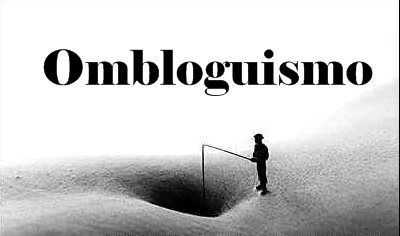
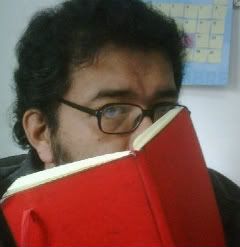
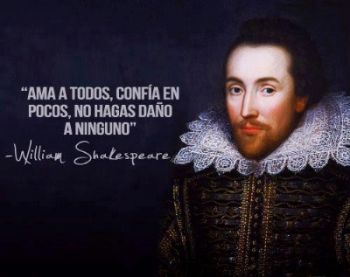


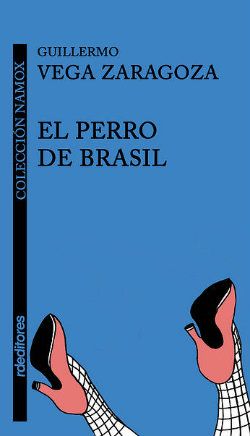
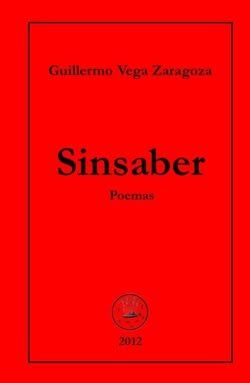
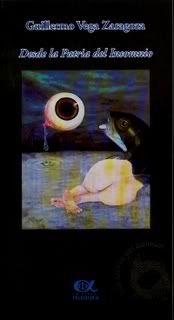
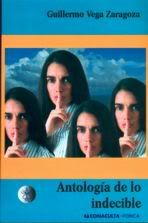
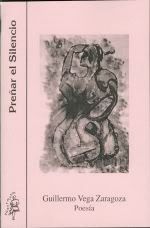
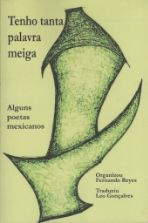
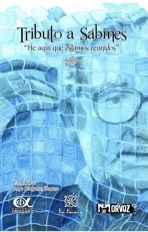
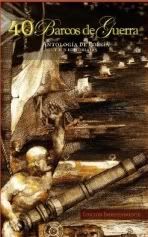
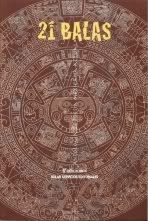
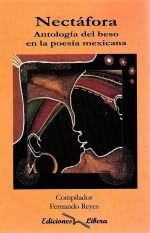

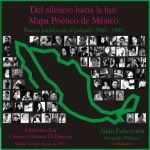
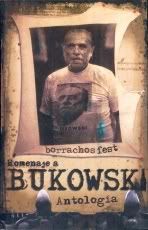
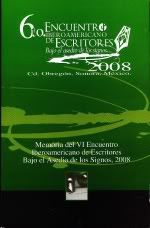
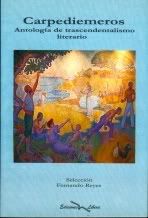
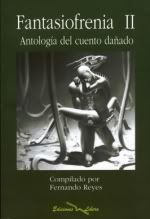
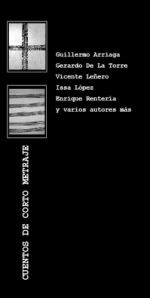
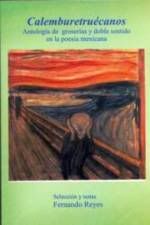
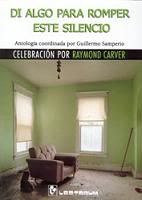

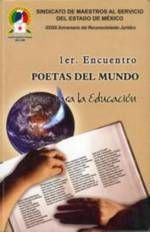
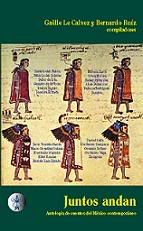
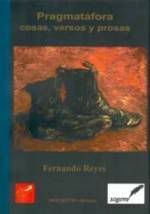
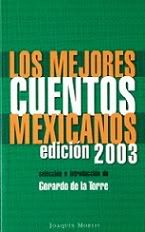
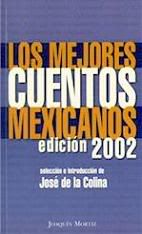
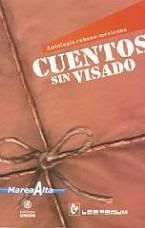
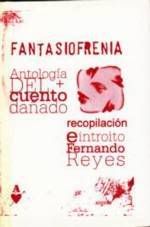












0 Comments:
Publicar un comentario
<< Home